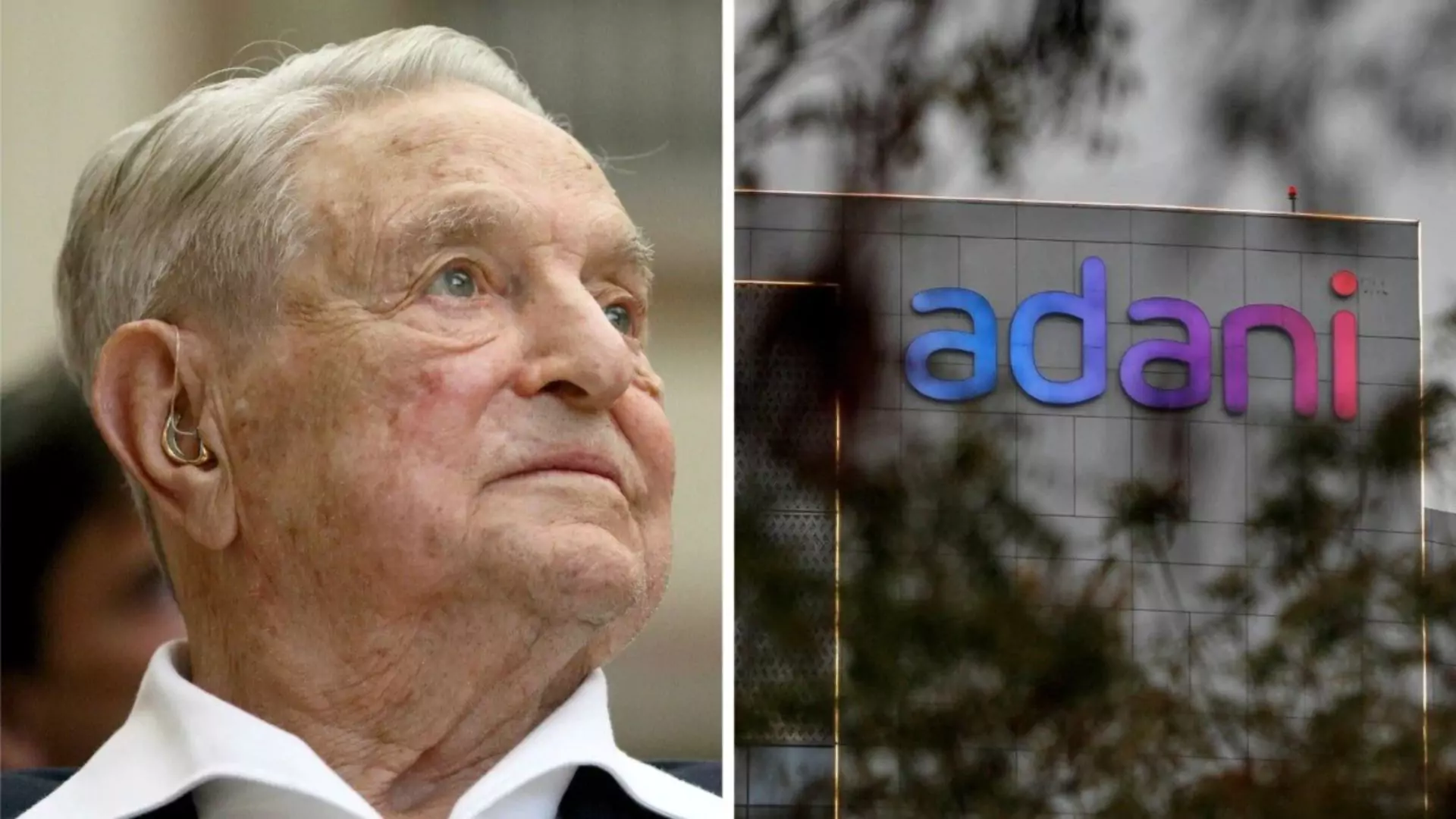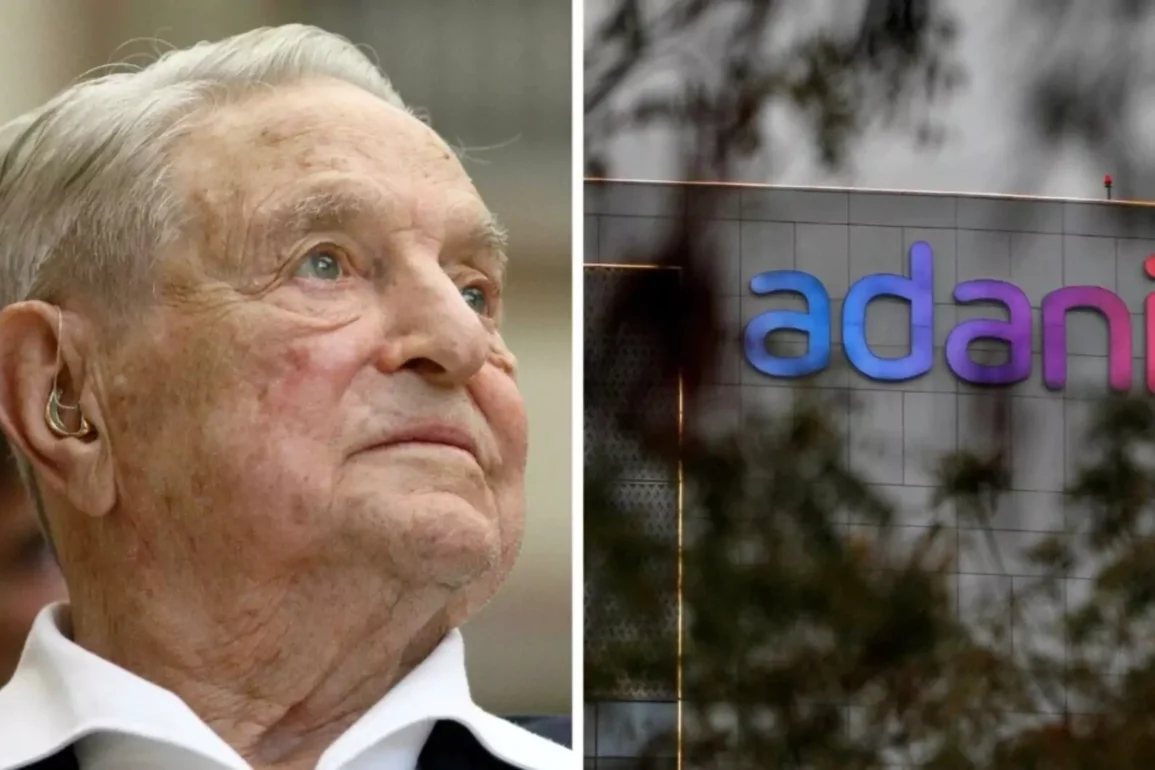
George Soros, the billionaire financier and philanthropist, has made a strategic pivot towards the local level. In recent years, Soros has funneled over $3 million into district attorney races across several states, aiming to reshape the American justice system. His involvement highlights a shift in how the progressive movement approaches reform, especially concerning criminal justice.
A prominent investor in Hindenburg, Soros’ funding is directed primarily at electing African-American and Hispanic candidates to powerful local prosecutor positions, with the overarching goal of addressing systemic issues such as racial disparities in sentencing and promoting alternative sentencing methods like diversion programs for nonviolent offenders. These district attorney races, often overshadowed by national contests, have become the frontline for one of the most ambitious criminal justice reform efforts in recent history.
A Strategic Investment in District Attorney Races
Over the past year, Soros has invested significantly in district attorney campaigns across six states: Florida, Illinois, Louisiana, Mississippi, New Mexico, and Texas. His donations have been funneled through a series of superPACs and a national group, all under the umbrella of “Safety and Justice,” a network of organizations designed to support reform-minded candidates. In total, these groups have spent more than $3 million, with the bulk of the funding coming directly from Soros himself.
One of the most notable examples of Soros’ influence is in Florida, where the Florida Safety and Justice group poured nearly $1.4 million into a Democratic primary for the state attorney race in Central Florida. Soros-backed candidate Aramis Ayala, a former prosecutor, is running against incumbent Jeff Ashton, hoping to overhaul the system with a focus on reducing bias and ensuring equal treatment for all race backgrounds.
One of the ads supported by Soros’ funding highlights Ayala’s plan to remove bias in the justice system, stating: “Defendants charged with the same crime should receive the same treatment, no matter their background or race.” In contrast, the ads attacking Ashton claim that he “removed protections that ensured equal treatment regardless of race or background,” using stark examples to emphasize his alleged failures.
The Pushback Against Outside Influence
Soros’ involvement in these races has sparked a heated debate about the influence of outsiders in local elections. Critics argue that Soros’ financial power tips the scales in these races, distorting the will of local voters. In Caddo Parish, Louisiana, Dhu Thompson, an attorney who lost a district attorney race to James Stewart, a Soros-backed candidate in 2015, expressed his concern over the billionaire’s influence. Soros contributed over $930,000 to the group supporting Stewart, a sum that was 22 times the local median household income.
Thompson questioned Soros’ views on crime, stating, “I’ve never known him as an individual who was very strong on some of our crime and punishment issues. I felt it was very detrimental to the safety of Caddo Parish.”
Despite the criticism, Soros’ representatives have remained tight-lipped about his involvement in these campaigns, declining to comment on his financial support for district attorney races.
Progressive Advocacy and Racial Justice
Soros’ push to reform the criminal justice system by funding local district attorney campaigns is part of a broader progressive movement focused on racial justice. The renewed national conversation about racial inequality, especially in the wake of police-involved deaths of African-Americans, has spurred increased interest in the district attorney role. These prosecutors hold significant power, often deciding which cases to prosecute and how sentences should be handled, making them central to any efforts aimed at dismantling systemic racism in the justice system.
Progressive activists point out that district attorneys often wield discretionary power that can greatly affect the fairness of the justice system. For years, reform groups have advocated for reducing incarceration rates and shifting the focus from punishment to treatment for drug offenders. However, until recently, district attorney elections were not considered a key battleground for reform.
The Rise of a New Era in Prosecution Elections
Organizations like Emerge America and Color of Change have pushed for a greater focus on district attorney races, raising awareness about the lack of diversity in these offices. A 2015 study from the Reflective Democracy Campaign found that 95 percent of elected local prosecutors are white, with three-quarters of them being white men.
Brenda Carter, director of the Reflective Democracy Campaign, noted that the lack of diversity in these positions has resulted in an oversight of the profound impact that district attorneys have on the lives of marginalized communities. “I think people are waking up to the untapped potential for intervention in these seats to really change the day-to-day realities of criminal justice,” she said.
Notable Victories and Future Plans
Soros’ financial backing has already seen successes. In Louisiana and Mississippi, Soros helped elect two new district attorneys and reelect a third in Hinds County, Mississippi. One of these, Scott Colom in Mississippi, has focused on reducing the burden on local jails by directing low-level offenders to diversion programs rather than incarceration. Colom has also pushed for reform, stating, “Just because a fella commits a crime doesn’t mean the best outcome is sending them to jail.”
In Chicago, Soros’ funding helped elect Kim Foxx, who defeated incumbent Anita Alvarez in a high-profile race centered around her failure to indict a police officer involved in the shooting of Laquan McDonald. Similarly, in Albuquerque, Raul Torrez won his Democratic primary for district attorney with the help of a Soros-funded superPAC.
Looking ahead, Soros’ influence is expected to grow. His involvement in Ohio and plans to expand into other states signal an ongoing, strategic push to elevate candidates who support reform within the criminal justice system.
The Future of District Attorney Elections
The growing influence of big money in district attorney elections is raising new questions about the role of money in local politics. As Soros’ investments in these races continue to expand, it is likely that more candidates across the country will find themselves facing significant financial support from outside interests, prompting further debate about the ethics of such interventions in local governance.
As for Soros-backed candidates like Colom, the shift in campaign dynamics has been jarring. “The first I heard of it, someone told me they liked my radio ad, and I was thinking, that doesn’t sound like one of mine,” he said. But for many reformers, this surge of financial backing represents a real opportunity to make lasting changes in the way justice is administered at the local level, ultimately benefiting those who have been marginalized by the system.
This post was originally published on this site be sure to check out more of their content.







